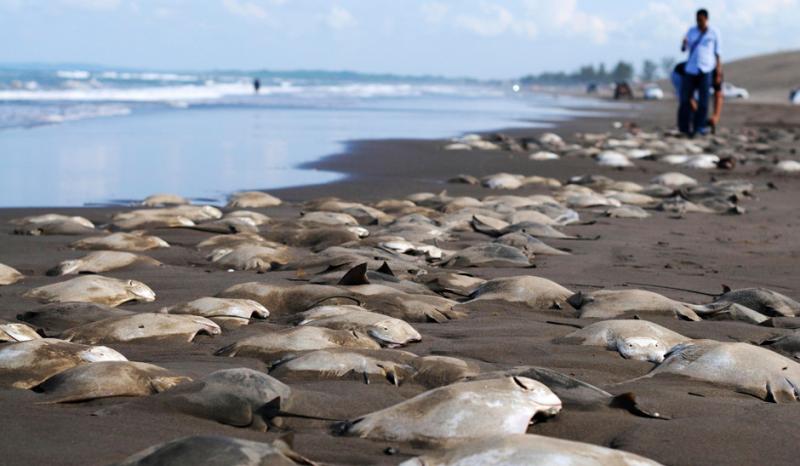You are here
Sun, 2009-03-22 13:02 — mdmcdonald
The mission of this working group is to articulate and shape issues of a secure, sustainable and resilient Mexico, as we move forward into economic downturn with significant global change on the horizon. Considerations for government, public sector, and private sector transformation include: current policy reform, new policy proposals, critiques and potential solutions, assessments, new technology and traditional wisdom. Group members are encouraged to think "outside the box", look to all sources of information and inspiration with the goal of finding solutions for the health and human security of Mexicans.
General Topic Tags:
Problem, Solution, SitRep, or ?:
Group:
Group description:
This Working Group is focused on developing a Mexico Resilience System to ensure resilience and sustainability for citizens of Mexico..
Group visibility:
Public - accessible to all site users
Add Content to this group
Members
| admin | CarlosJaruegui | ChrisAllen | DeannaPolk | efrost | Kathy Gilbeaux |
| mdmcdonald | MDMcDonald_me_com | QuentinEichbaum |









Recent Comments